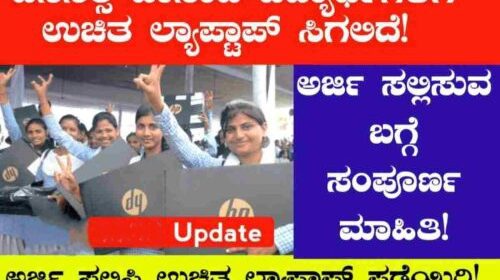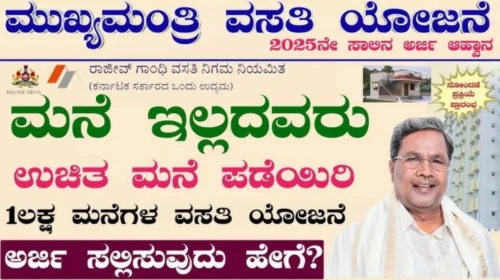• Tantia Tope was a leader of the Indian Mutiny of 1857–58. Although he had no formal military training, he was probably the best and most effective of the rebels’ generals.
• He was also known as Tatya Topi. He was born in 1814 and was hanged on April 18 in 1859.
• The British Forces captured him on April 7, and he was executed in a hurried trial for waging war against the East India Company.
Other details:
• He was born as Ramachandra Pandurang Tope in Nashik.
• He was crowned with the title of Tope, which means commanding officer. Tantia, on the other hand, meant General.
• He specialised in guerrilla warfare techniques and was instrumental in defeating General Havelock of British Army twice.
• Tantia Tope was a Maratha Brahman in the service of the former Peshwa (ruler) of the Maratha confederacy, Baji Rao, and of his adopted son Nana Sahib, who was also prominent in the mutiny.
• He was one of the notable generals of the 1857 revolt. Tatya Tope in collaboration with Nana Sahib secretly organised an anti-British upsurge.
• It was due to his bravery and valour, that British forces – led by Sir Henry Havelock – were defeated on June 27, 1857.
• He was the top lieutenant in 1857 rebellion in freedom fighter Rani Laxmi Bai’s army in Jhansi.
• Tantia Tope had the ideology of one-nation ‘Bhartavarsha’ which included India, Pakistan, Bangladesh, and Afghanistan, according to historian Makkhan Lal.
• Tope was betrayed by his trusted friend Man Singh, who informed the British about his whereabouts.
• The British Army arrested him on April 7, 1859, and Tope boldly confessed to all his acts. He was finally hanged on April 18 in the same year in Shivpuri.
• He resorted to iconic guerrilla tactics to harass British and their allies. It was during one of his escapes that he had met Man Singh, King of Narwar and they became friends.
• However, the British negotiated with Singh who was in conflict with the Maharaja of Gwalior and made him surrender Tope and get his family protected against the Maharaja.









